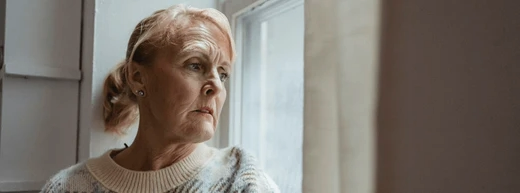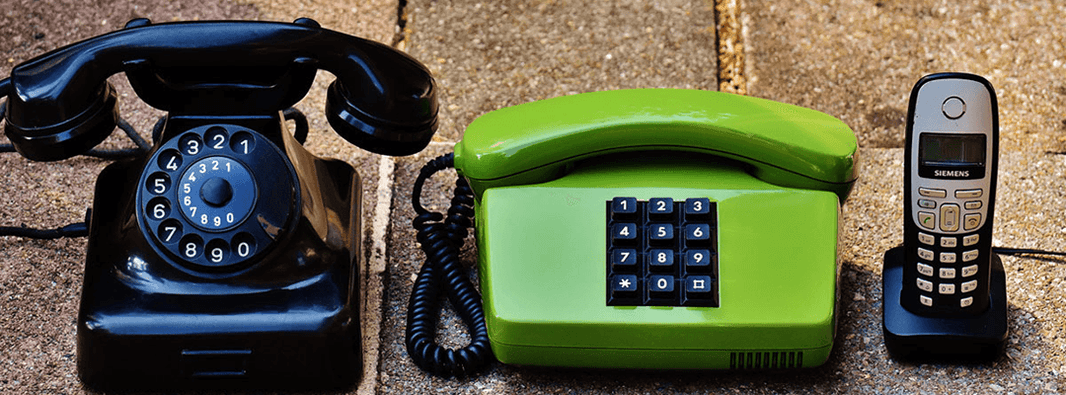In 2016, the age required to receive a state pension in the UK soared from 60 to 65 for women and the entire system was revamped with new qualifying factors. While the changes had been planned since the 1990s, the sudden change had devastating effects for women born after 1953. The government claimed it was a stride forward for gender quality as the male age qualification was already 65. Yet, it was women planning to retire at 60, that suddenly had to source another 5 years of income. The changes affected divorced, and widowed women more than anyone.
Under the current system, to get a full state pension, individuals will have needed to pay at least 35 years NI contributions. To get any pension they will need to have paid at least 10 years. It no longer considers people as couples, divorcees, or widows, only individuals. However, real life is not so clear cut for these women.
Your state pension contributions are affected by the money you have paid in NI, meaning the more you earn the more you will get back. With this in mind let’s look at some facts concerning gender pay gap, specifically for women born in 1953, the oldest people affected by the new state pension age.
- Until 1971 it was legal to pay men more than women for the same job.
- Until 1975 it was legal to hire a man over a woman based on their gender.
- The average age for women born in 1953 to get married was 26. Some would have given up working at this point to become housewives, meaning they made no National Insurance contributions.
- The average age for a woman to birth her first child was also 26. It was common for women to be sacked from their jobs for being pregnant.
Despite their being strides in the law regarding equal pay, opportunities, and maternity employment rights, in 2021 child-rearing is still massively detrimental to women’s earnings over their lifetime and subsequently, they cannot make greater NI contributions.
In this article, we will look at how the change in state pension qualification affected British women. Specifically how it affected married, divorced, and widowed women individually.
Pensions for Married Women
In previous years, married women would have been able to receive a payout based on their husband’s NI contributions. However, under the current system brought in in 2016 everyone needs to have built up their own NI contributions. The government put in a temporary safety net for this situation. These women would be entitled to receive 60 percent of their husbands’ pension. However, there is a catch. They must have paid at least one year of lower-rate Married Women’s NI leading up to state pension age.
Pensions for Single Divorced Women
Divorced women will have made the same sacrifices to their careers and earnings as married women. However, they do not even have a partner’s income to fall back on. Under the current system, women have no ability to claim a state pension based on the contributions of a spouse, late spouse, or ex-spouse. Meaning if a previously married woman spent her whole or the majority of her life as a housewife and mother, she is entitled to little or no state pension.
Pensions for Widowed Women
If a woman is widowed and does not remarry she is only entitled to 50% of any protected payment that exists.
Backlash
In response to the government’s rash announcement (some women being notified of the changes only a year prior to their planned retirement), the Backto60 activist group was created and won the right to have the government’s actions ruled on by the High Court. Unfortunately, in 2020 they lost the case.
Countless women have shared their personal experience dealing with the consequences of the state pension age being increased so dramatically. Some have shared stories of selling values and jewellery, sometimes gifted to them from a deceased spouse. Some have lost their houses, some have had to find kept jobs they are not physically fit for or have had to go looking for minimum wage work in a job market where it is near impossible to get a job once you are over a certain age. Some have even shared stories of having to choose between have the electricity on or food to eat.
How Careline365 Can Help
In our older years, some of us may require additional help to carry on with day to day tasks. This can be expensive. Fortunately, our personal alarm service can help. Careline365 personal alarms give people the safety and peace of mind they need without requiring assisted living or extra help.
If you or a loved one would benefit from extra security at home, a personal alarm is a great idea. If you have any questions about our service, please get in touch. Our Customer Service Team can be reached on 0808 304 4510 or via email at info@careline.co.uk









